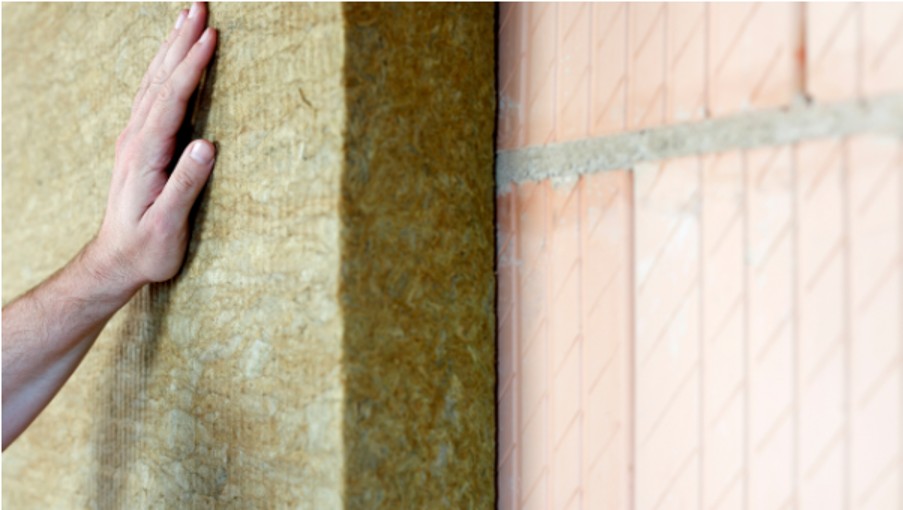Home Improvement
Energy-Efficient Insulation Solutions for Sustainable Homes

In the pursuit of sustainable living, energy efficiency plays a crucial role. One of the most effective ways to achieve energy efficiency in homes is through proper insulation. By insulating your home using the right materials and techniques, you can significantly reduce energy consumption, minimize environmental impact, and create a more comfortable living environment.
In this blog, we will explore energy-efficient insulation solutions that promote sustainability in homes. By implementing these solutions, you can contribute to a greener future while enjoying the benefits of reduced energy costs and improved comfort.
1. High R-Value Insulation
When it comes to energy-efficient insulation, choosing materials with a high R-value is essential. The R-value measures the insulation’s thermal resistance, indicating how effectively it resists heat transfer. Opt for insulation materials such as spray foam or rigid foam boards with high R-values. These materials provide excellent insulation properties, reducing heat loss during winter and heat gain during summer. By investing in high R-value insulation, you can achieve optimal energy efficiency and maintain a consistent indoor temperature.
2. Air Sealing
Proper air sealing is a crucial component of energy-efficient insulation. Air leaks in your home can result in significant energy loss, as conditioned air escapes and outdoor air infiltrates. To enhance energy efficiency, identify and seal air leaks around windows, doors, electrical outlets, and other potential areas of infiltration. Use weatherstripping, caulking, or foam sealants to create a tight seal. By reducing air leakage, you can maximize the effectiveness of your insulation and minimize the need for excessive heating or cooling.
3. Sustainable Insulation Materials
Consider using sustainable insulation materials that have a minimal environmental impact. Look for options made from recycled or renewable materials, such as cellulose insulation made from recycled paper or insulation made from natural fibers like wool or cotton. These materials offer excellent insulation properties while reducing the reliance on non-renewable resources.
4. Insulating the Roof and Attic
The roof and attic are critical areas for energy-efficient insulation. Insulating the roof with materials like reflective insulation or rigid foam boards can help reduce heat gain during hot weather. In the attic, ensure sufficient insulation is in place to prevent heat loss during winter and heat gain during summer. Attic insulation options include blown-in cellulose, fiberglass batts, or spray foam insulation. Properly insulating the roof and attic can significantly improve energy efficiency and reduce the load on your HVAC system.
5. Professional Insulation Installation
While DIY Attic Insulation Pitfalls insulation projects can be tempting, hiring a professional insulation contractor is highly recommended. Professionals have the expertise to assess your home’s specific insulation needs and ensure proper installation. They can identify areas that require additional insulation or air sealing, guaranteeing optimal energy efficiency. Professional installation also helps avoid common pitfalls and ensures compliance with building codes and safety regulations.
Conclusion
Energy-efficient insulation is a vital aspect of sustainable homes. By focusing on high R-value insulation materials, effective air sealing, sustainable insulation options, insulating the roof and attic, and professional installation, you can create a more energy-efficient and eco-friendly living environment. These insulation solutions not only contribute to sustainability but also provide long-term cost savings and enhanced comfort.
Remember, investing in energy-efficient insulation solutions is a proactive step towards reducing your carbon footprint and creating a more sustainable future for generations to come.
Umar Nisar was born and raised in the busy city of Abbottabad. As a journalist, Umar Nisar has contributed to many online publications including PAK Today and the Huffing Post. In regards to academics, Umar Nisar earned a degree in business from the Abbottabad UST, Havelian. Umar Nisar follows the money and covers all aspects of emerging tech here at The Hear Up.
Thanks










